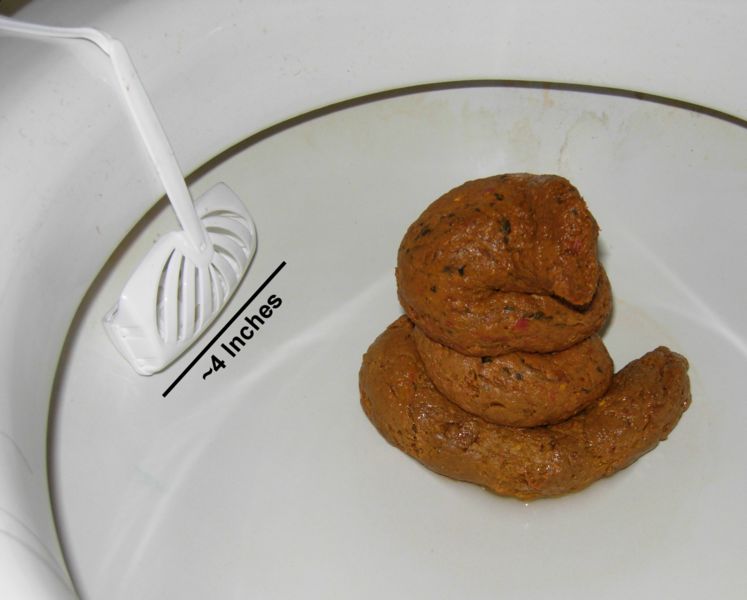Scott Weese from Worms & Germs Blog said it best, “a dog’s tongue is not a medical device.”
According to an article by All Pet News (referencing a study by University of Florida Gainesville), in which risk for zoonotic transmission was obviously disregarded, treating human wounds with dog saliva leads to wounds healing twice as fast. It’s the perfect example of lab results being extrapolated into real world situations  without proper knowledge or testing. Although dog saliva may have antibacterial properties and Nerve Growth Factor, you can’t conclude from lab-controlled experiments, using purified concentrated compounds, that a dog licking a wound is beneficial.
without proper knowledge or testing. Although dog saliva may have antibacterial properties and Nerve Growth Factor, you can’t conclude from lab-controlled experiments, using purified concentrated compounds, that a dog licking a wound is beneficial.
Lefebvre et al. (2006) published a paper titled “Prevalence of zoonotic agents in dogs visiting hospitalized people in Ontario: Implications for infection control,” in which zoonotic agents were isolated from 80 out of 102 (80%) dogs.
Clostridium difficile, was the most prevalent agent, isolated from 58 out of 102 (58%) fecal specimens, 71% of which were toxigenic. Extended-spectrum beta-lactamase Escherichia coli was isolated from one dog, extended-spectrum cephalosporinase E. coli was isolated from three dogs, and organisms of the genus Salmonella were isolated from three dogs.
Common sense would state that if you use your dog’s saliva for wound healing, you probably wouldn’t be washing it after being licked. This would increase the risk for wounds in general to get infected, but if your wound is on your hand, you are also at a higher risk of getting you and others (via cross-contamination) infected with a zoonotic disease. I don’t know about laboratory dogs, but I know my dog spends a lot of time licking herself, including her rear end. So as cute as those images of dogs licking their owner’s face look on TV, I keep my dog’s tongue away from me.

